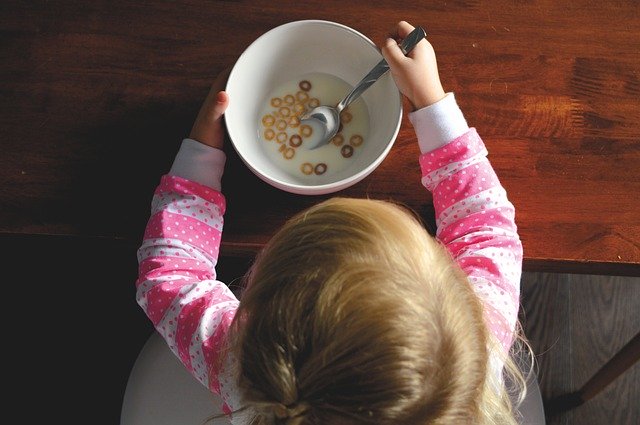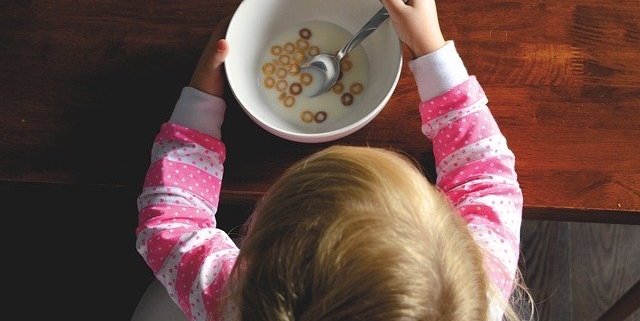
Children grow and learn best when there is structure in their lives. Since kids don’t have a great deal of control, routines are a great way to allow them to feel a sense of comfort, organization and stability.
Research repeatedly shows that kids who have routines are better behaved and develop more self-control. With today’s COVID-19 crisis, many families are seeing their normal routines up-ended. This can cause stress and anxiety for all members of those families – especially children.
While the way families operate may have changed during the current pandemic, that doesn’t mean that routines are no longer necessary. In fact, establishing structure in the lives of children (and adults) has never been more important.
Trying to stick to the same routine they had in place before COVID-19 hit is not possible for most families. However, new ones can be established relatively quickly and they can be just as effective as the old ones. If you have had trouble establishing structure to your days since the pandemic hit, there is no reason you can’t start now. Here are some suggestions to help you do just that:
Keep it simple. Elaborate routines are not only unnecessary they are often quickly abandoned. For younger children, a visual chart is a good way to allow them to understand what is expected of them each day.
Stick to regular bedtimes. Children who are well rested and go to bed and get up at the same time every day are better behaved and able to learn more effectively.
- Get dressed. When you stay in pajamas all day it is harder to get motivated. Changing out of pajamas each morning can make a big difference in how kids approach the day.
- Serve meals at the same time. Regular mealtimes are comforting and prevent snacking all day. They also stave off mood swings created when children get hungry.
- Assign chores. Chores help kids feel as if they are a part of the family and gives them a feeling of accomplishment. Bonus: It helps parents!
- Get active. Family walks or bike rides do wonders for every family member. Even just sitting outside in the sunshine can improve moods.
- Encourage creative outlets. Painting, drawing and other similar hobbies are a great way to break up the monotony of the day. With school out, such activities also allow for interactive learning.
- Monitor screen time. While homework, games and even socializing all take place on electronic devices, kids should not spend hours a day on screens.
Structure and routine provide much-needed reassurance to children during times of uncertainty. They also help to maintain balance and normalcy and promote physical and mental health. The more a child can anticipate what is going to happen, the better they will be able to cope with life in times of uncertainty.
Premier Academy offers affordable childcare in the Omaha/Elkhorn area. To learn more, visit us at premieracademyinc.com.



